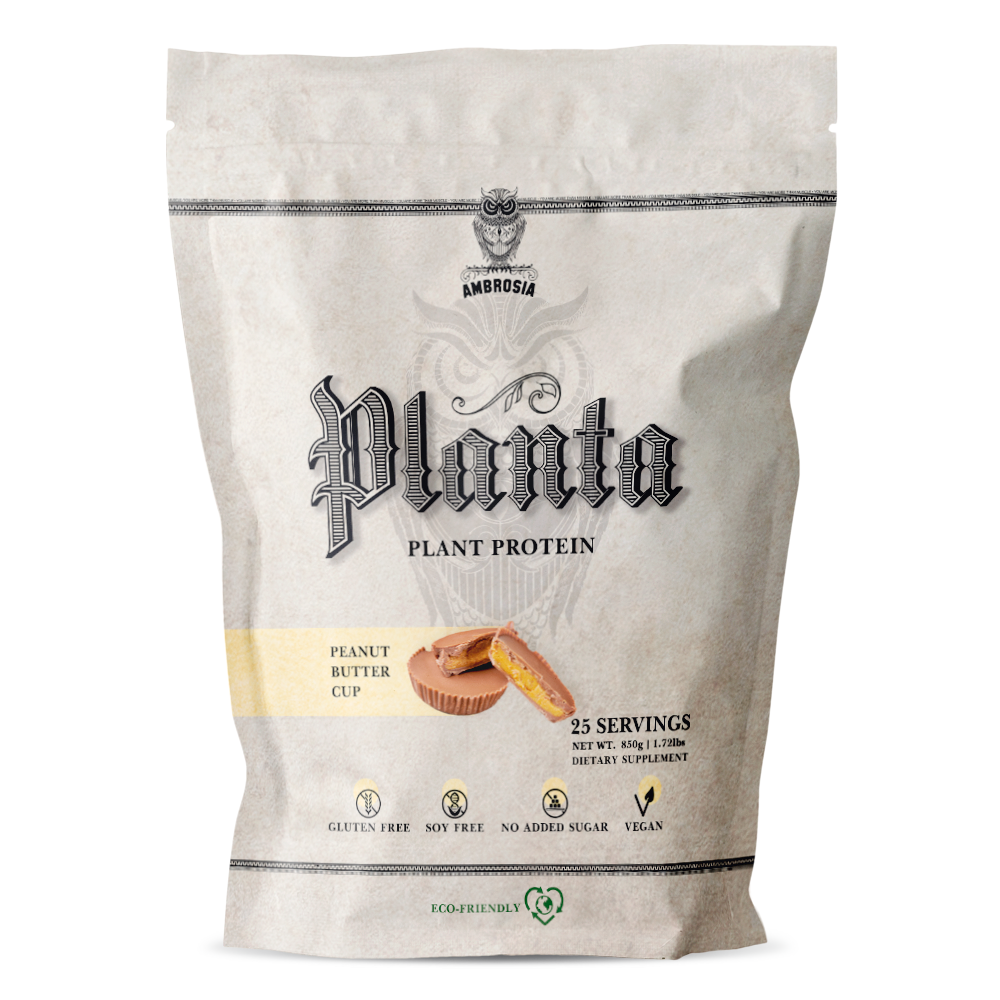The Effects of Artificial Sweeteners on Gut Health

Many products today now contain different variations of artificial sweeteners. Often used as substitutes to sweeten items in place of sugar—artificial sweeteners have now become a commonplace ingredient in foods and beverages.
With a taste similar to sugar these substitutes are added to foods and beverages to make them taste sweeter. By activating taste receptors in your mouth—they send signals to the brain that mimic the sweetness of traditional sugar.
The problem is the safety of artificial sweeteners versus traditional sugars have been called into question by skeptics. Artificial sweeteners have become an attractive alternative in many products as they contain little to no calories.
We’ll take a closer look at how artificial sweeteners impact gut health and various other aspects of the body.

What are Artificial Sweeteners?
Artificial sweeteners are a category of sugar substitutes added to foods and beverages as a means of increasing sweetness. Surprisingly they’re thousands of times sweeter than standard table sugar, but only a miniscule amount is needed in various products.
A number of artificial sweeteners containing zero calories are used in the United States today including:
- Aspartame
- Sacchari
- Splenda
- Stevia
- Sucralose
Many people turn to artificial sweeteners as a tool used to promote weight loss while limiting sugar intake. Some studies have even indicated that artificial sweeteners can help to reduce hunger and calorie intake.

Do Artificial Sweeteners Affect Gut Health?
The bacteria within your body plays an important role in overall gut health.
Having poor gut health can impact a number of bodily functions including:
- Weight management
- Blood sugar levels
- Metabolic syndrome
- Immune system functionality
Conclusionary evidence from most research has suggested that sugar substitutes have no actual adverse effects on human health. So are artificial sweeteners safe to consume for most people?
The Safety of Artificial Sweeteners
Splenda is one of the most commonly used artificial sweeteners in many products today. Furthermore, many studies have pointed to the overall safety of artificial sweeteners on the body.
A randomized double-blind placebo-controlled 13 week study was conducted with dosages ranging from 125mg per day up to 500mg per day. The study found that sucralose was well-tolerated and intakes of up to 1000mg per day did not produce adverse side effects in humans (1). The conclusion of the findings showed that Splenda is safe for use in food and other products.
Other observational studies found that Splenda had no effect on overall body weight or fat mass and could actually reduce body weight by up to 1.7 pounds (2). The findings from the research indicated that body weight, body mass index, and waist circumference as a result of consuming artificial sweeteners.
Another double-blind study looked at thirty-four subjects who received 780mg/d of sucralose. The results found that high doses of sucralose over a 7 day period did not affect glycaemic control, insulin resistance, or gut microbiome in healthy individuals (3). Conclusive evidence from all studies suggest Splenda is safe to consume in moderation.

Can Artificial Sweeteners be Dangerous?
Most products and chemicals can be dangerous in high amounts and Splenda is no exception. Studies performed on rats showed that those consuming 60mg per kg of body weight died—an amount equivalent to 12 times the daily allowance for humans (4).
One researcher from the Cleveland Clinic found that products containing Sucralose or Splenda can “cause problems at higher doses, most people consume nowhere near that amount” (5). Enjoying sucralose and Splenda occasionally in moderation is unlikely to have a major effect on your health.
Should You be Worried About Artificial Sweeteners?
Artificial sweeteners can be a great tool as a sugar substitute for individuals trying to lose weight. The general consensus is that artificial sweeteners are safe for consumption within moderation levels. The only time they may become an issue is when high dosages are consumed within short periods of time.
If you are trying to lose weight or simply want a safe sugar substitute Splenda can be a great tool to help you with your weight loss journey. If you have any other questions or would like tips on how to stay healthy—feel free to reach out with additional questions or concerns.
References:
- http://www.vladozlatos.com/project/files/pages/2218/8-.safety-of-sucralose.pdf
- https://www.ncbi.nlm.nih.gov/pmc/articles/PMC4135487/
- https://www.cambridge.org/core/journals/british-journal-of-nutrition/article/shortterm-impact-of-sucralose-consumption-on-the-metabolic-response-and-gut-microbiome-of-healthy-adults/BF3E70C09C5514E4078DB3ED3E8D39B3
- https://www.businessinsider.com/does-splenda-sucralose-cause-cancer-2016-3
- https://health.clevelandclinic.org/is-sucralose-splenda-bad-for-you/


































